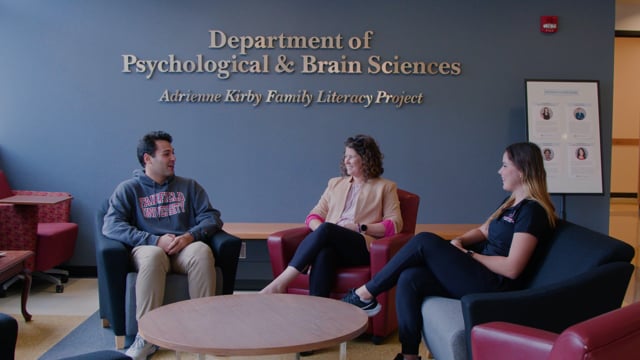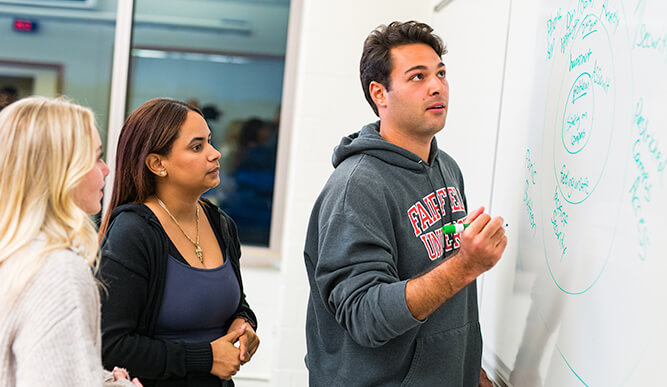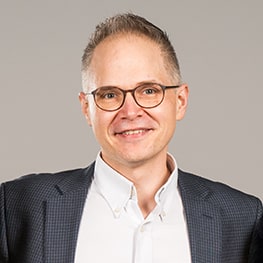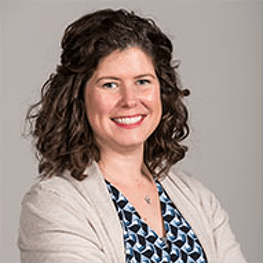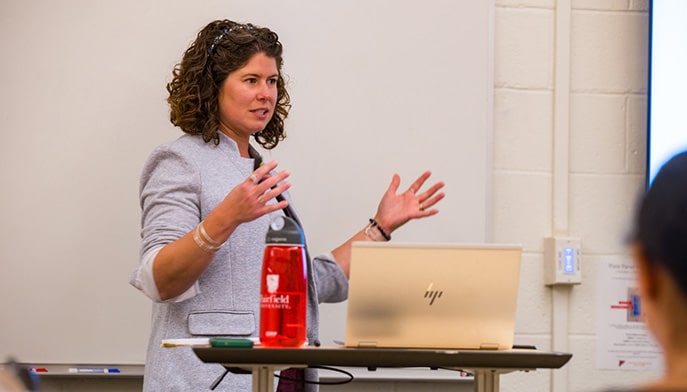Industrial / Organizational Psychology
Format & Location
On-Campus (Fairfield, CT)
School/College
John Charles Meditz College of Arts & SciencesStart Dates
Fall (September), Spring (January), Summer (May)
Application Deadline
Fall Priority: August 1 | Spring Priority: December 1 | Summer Priority: April 1
Completion
24 months
Schedule
Full-Time or Part-Time
Advance your career without pausing it—part-time, evening courses designed for working professionals. Fairfield's Industrial/Organizational Psychology program will help students apply psychological theories and principles to organizations, promoting efficiency and productivity, as well as the well-being of employees.
Find Out More
Course Requirements
Contact Us
Graduate Admission
gradadmis@fairfield.edu
(203) 254-4184
Career Outlook
Getting an MS in industrial/organizational psychology provides students with the knowledge and skills to enhance work in community agencies and maximize efficiency in corporate organizations.
Job Opportunities
Students of Fairfield's I/O Psychology programs are much in demand, with recent graduates finding advantageous fieldwork placements and meaningful employment with a wide range of employers across the country.
Recent Employers
- Fairfield University
- The U.S. Department of Justice
- GPAC
- Harman International
- Nigel Frank International
- NuvanceHealth
- The YES Network
- IBM
- Pepperidge Farm
- The College Board
I would not have been able to get the opportunities I have now without the I/O program. In the classes I have taken, I have been encouraged to connect with industry professionals and speak with them about their experiences and get their advice, as well as learn more about what the world of I/O psych looks like."
- Baylor Moniz '25, MS'26
